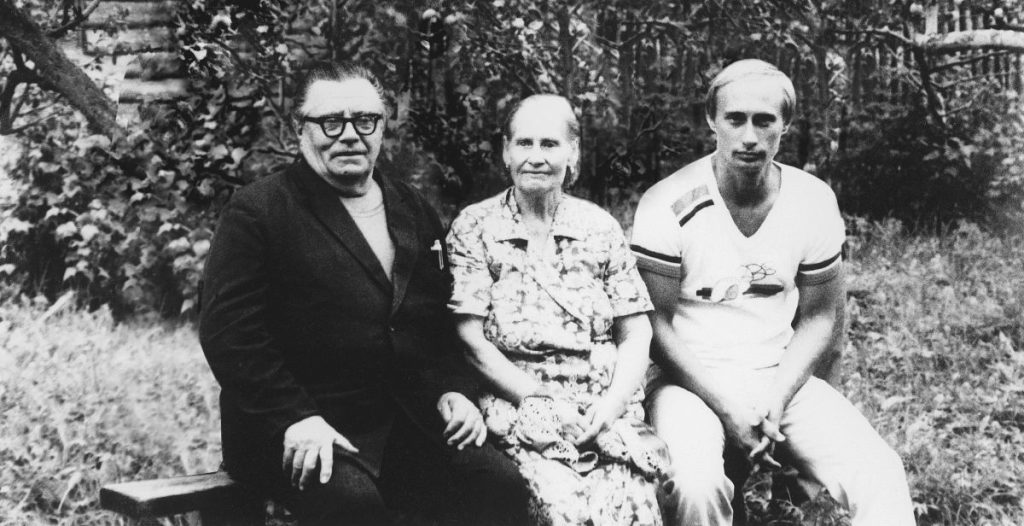Spiridonovich told his son he hoped Crimea would one day return to Russia.
Others are reading now
Spiridonovich told his son he hoped Crimea would one day return to Russia.
Putin’s father’s final wish
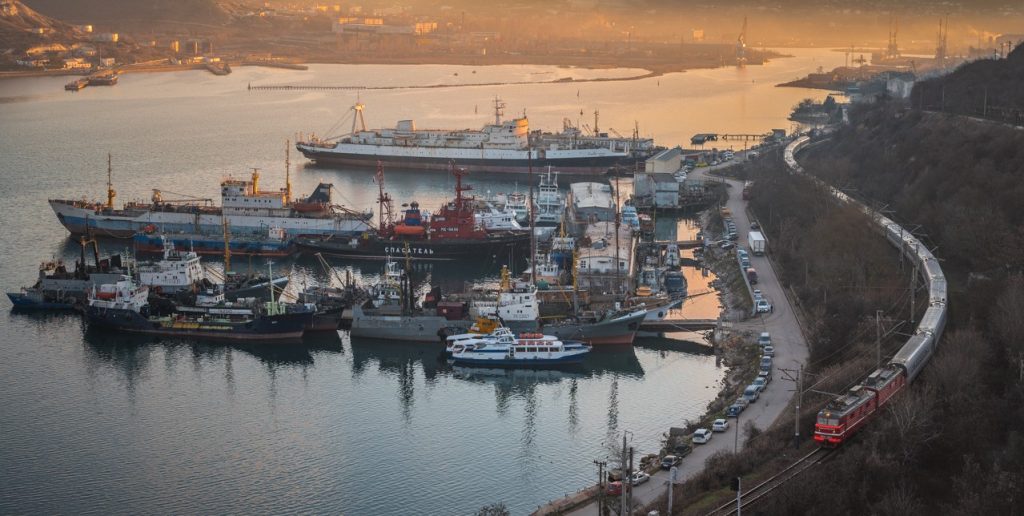
Investigative journalists Roman Badanin and Mikhail Rubin claim that Vladimir Putin’s 2014 annexation of Crimea may have been tied to a personal promise.
In their book The Tsar Personally, they suggest Putin was fulfilling his dying father’s wish
The story, though debated, has resurfaced as an explanation for why Crimea remains so central to Putin.
A hospital visit in 1999
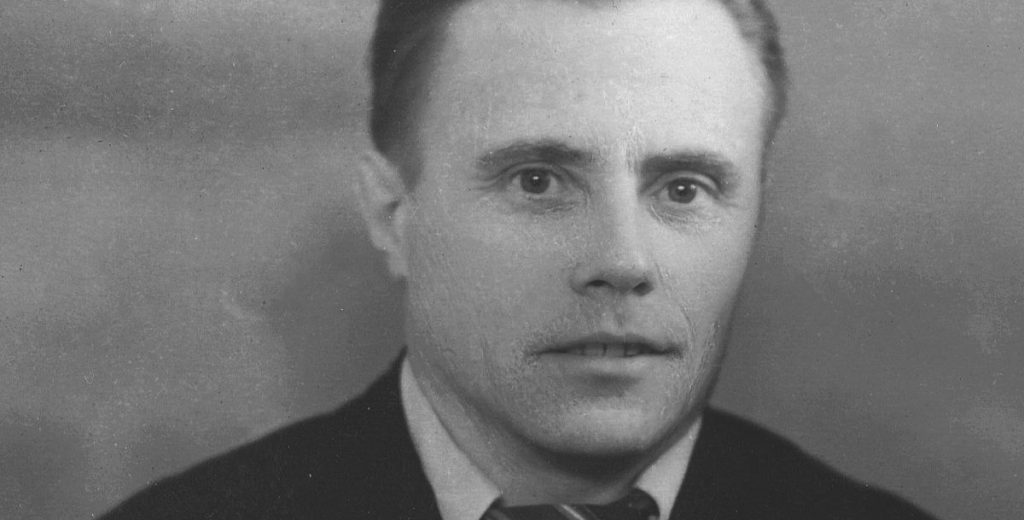
In the summer of 1999, Putin’s father, Vladimir Spiridonovich, was being treated in a St. Petersburg oncology clinic.
Also read
He suffered from both heart problems and cancer and was visited by his son shortly before his death.
Friends and close acquaintances were also present during this visit, which became the setting for his last words.
A misdiagnosis acknowledged

Years later, in a 2017 interview, Putin admitted his father’s illness had been misdiagnosed.
He said the mistake may have cost valuable time and treatment opportunities.
This admission gave a rare glimpse of Putin speaking openly about his family’s personal struggles.
Also read
“Crimea must return to Russia”
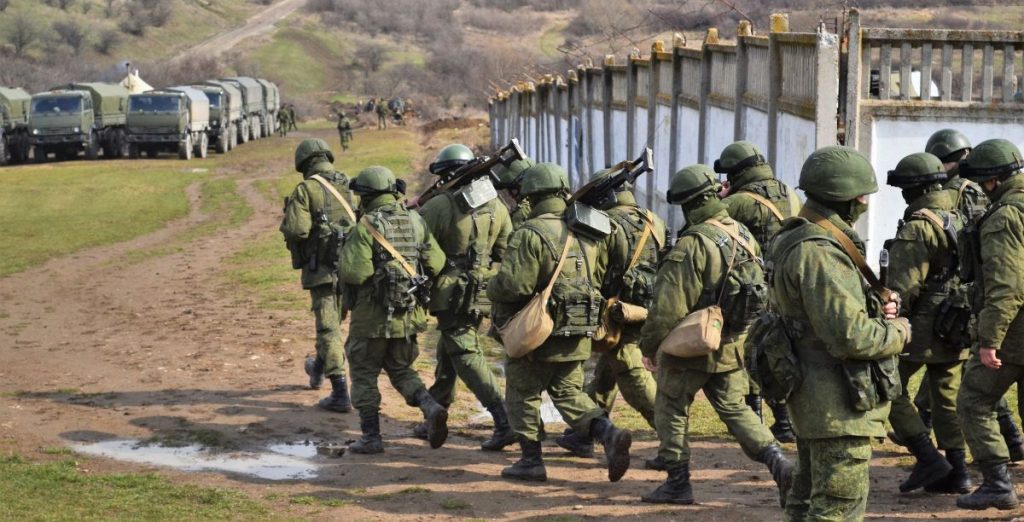
According to hospital staff accounts published in Komsomolskaya Pravda,
Spiridonovich told his son he hoped Crimea would one day return to Russia.
He also confided that he longed for the Soviet anthem, which had been abolished in 1991.
At the time, he reportedly expressed confidence that Putin would soon rise to lead the country.
A sailor’s bond with Sevastopol
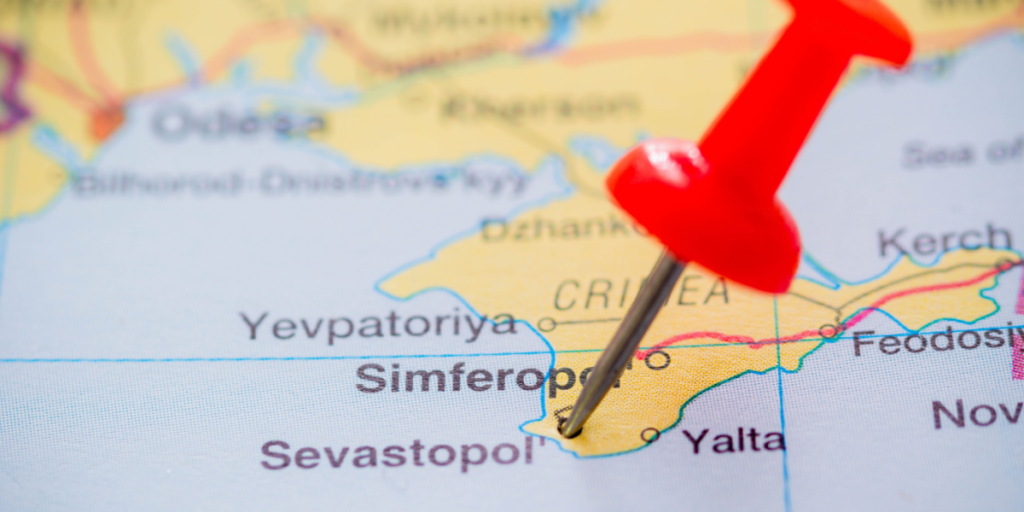
While some details may be disputed, journalists note one overlooked fact: Sevastopol held deep meaning for Putin’s father.
Also read
As a young man, he had served there as a submarine sailor before the Second World War.
This personal history may explain why Crimea and its naval base carried such symbolic weight in the Putin family.
Putin makes it public
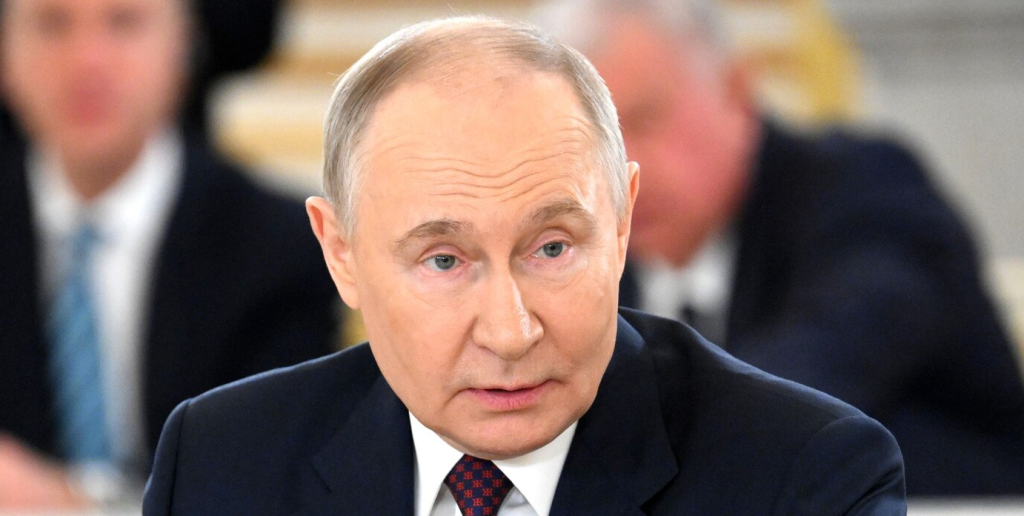
Putin himself later referred to the episode in an article published on May 9, 2015.
The date marked the anniversary of the annexation of Crimea and was tied to Russia’s broader victory commemorations.
It was the first time he openly connected family memories to the fate of the peninsula.
Also read
The photograph in his office
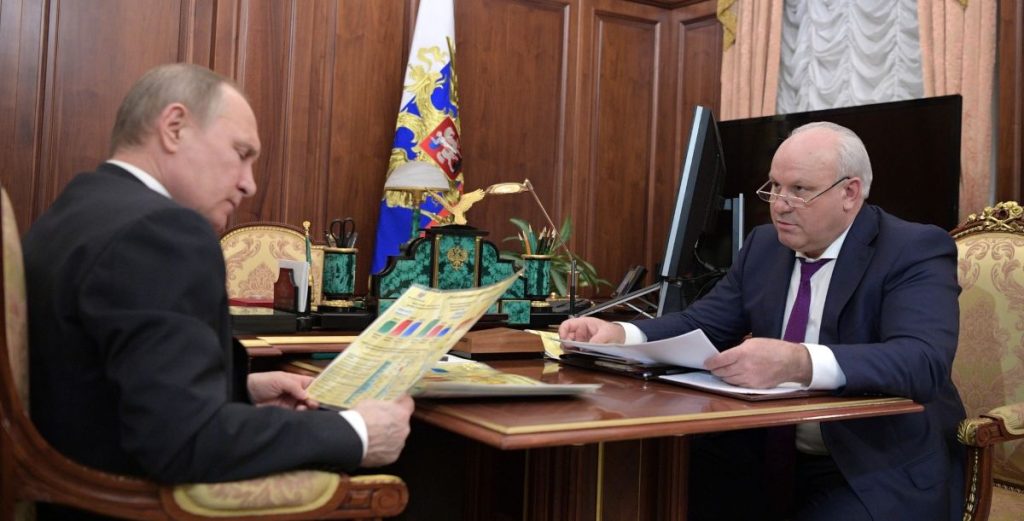
Journalists say that in Putin’s Kremlin office, a photograph of his father in a sailor’s cap was always displayed.
He also carried the same photo six times during the “Immortal Regiment” marches.
For analysts, this repetition shows how Crimea and family history are intertwined in Putin’s personal mythology.
Restoring the Soviet anthem
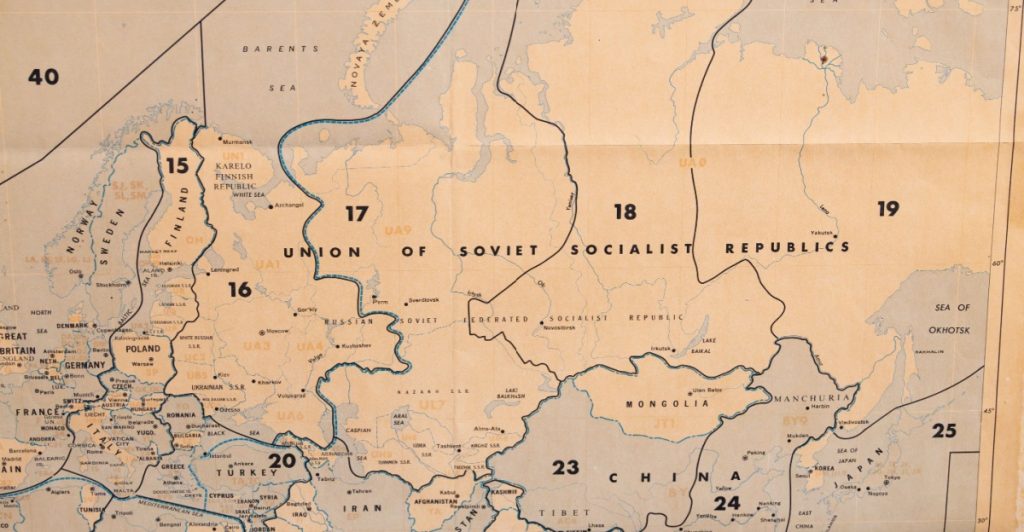
Before the annexation, one of Putin’s first moves as president in 2000 was to restore the Soviet anthem.
This had also been one of his father’s expressed wishes on his deathbed.
Also read
To some, it shows how Putin’s politics and symbolism are bound to personal family legacy as much as state strategy.

